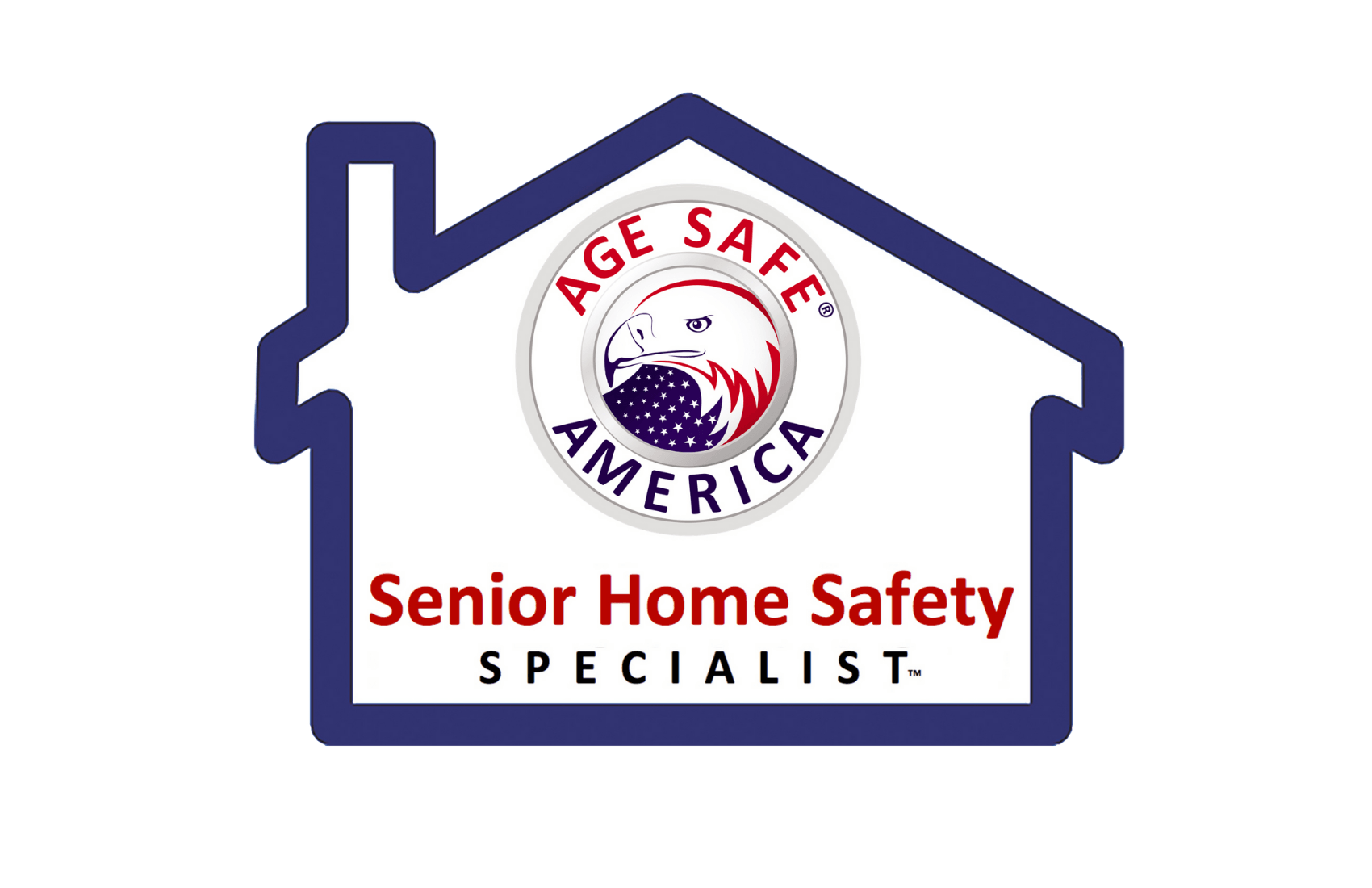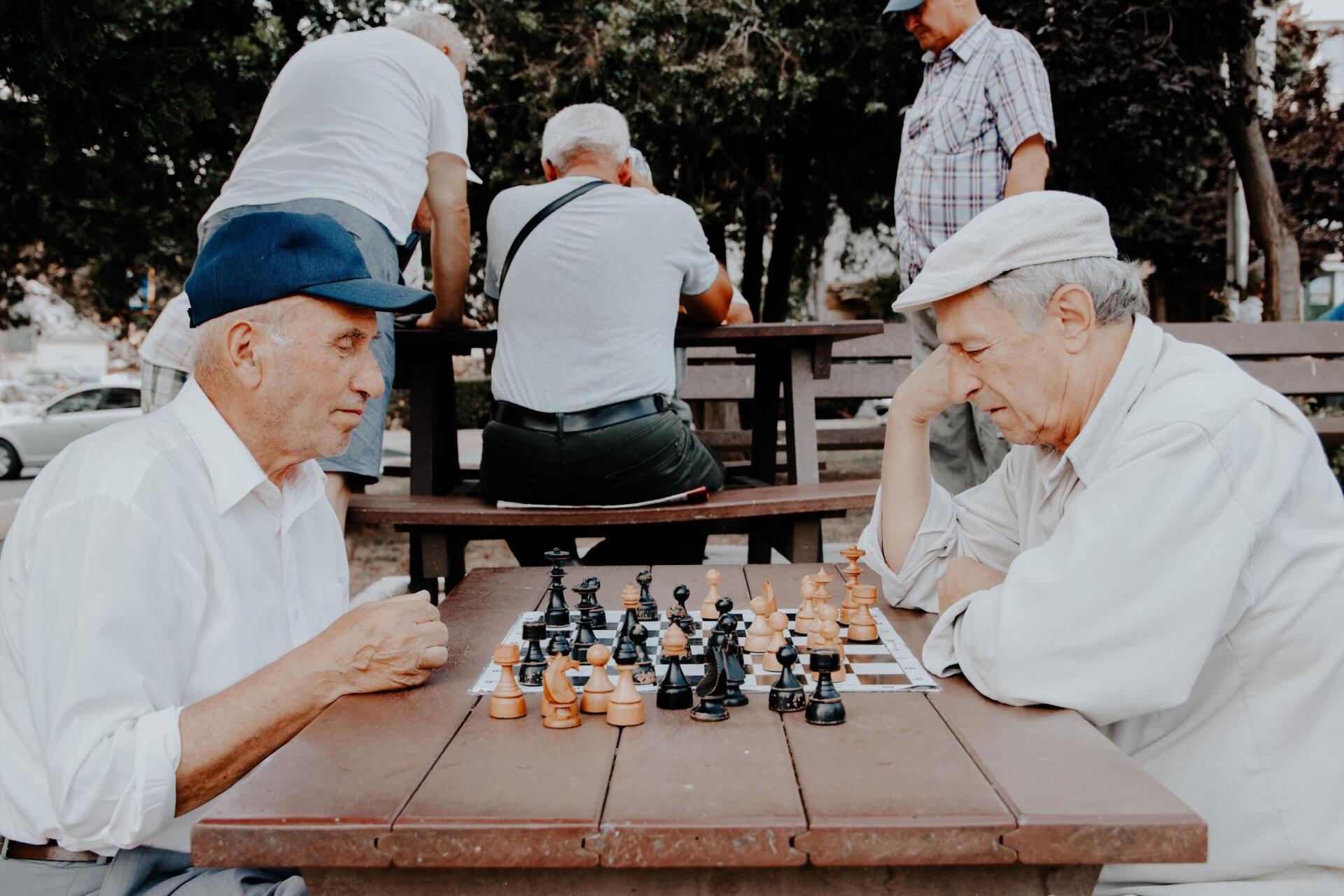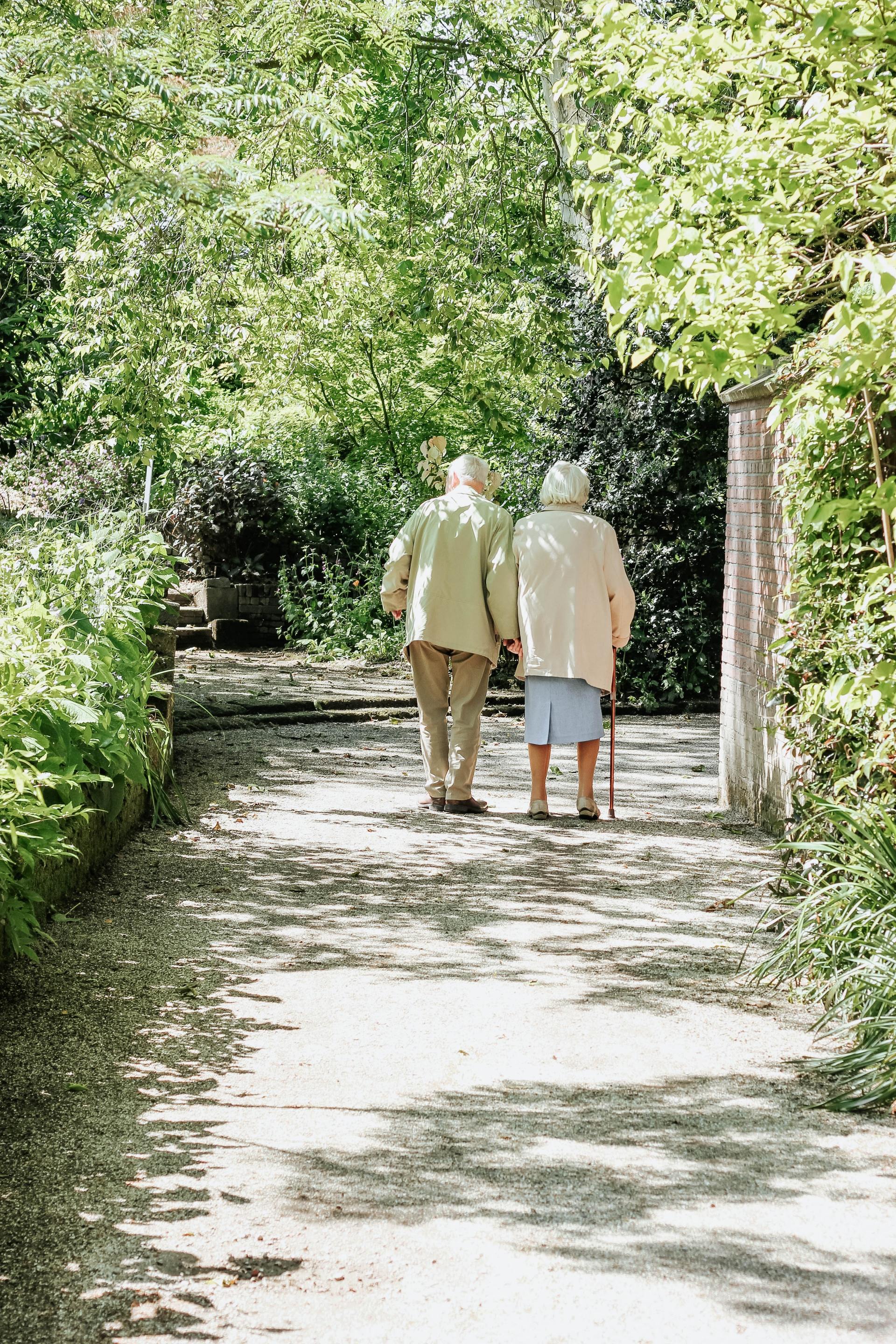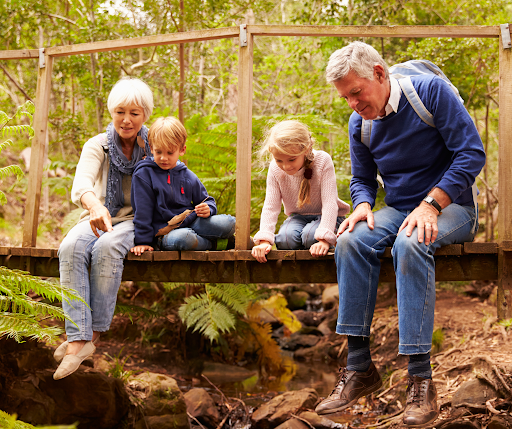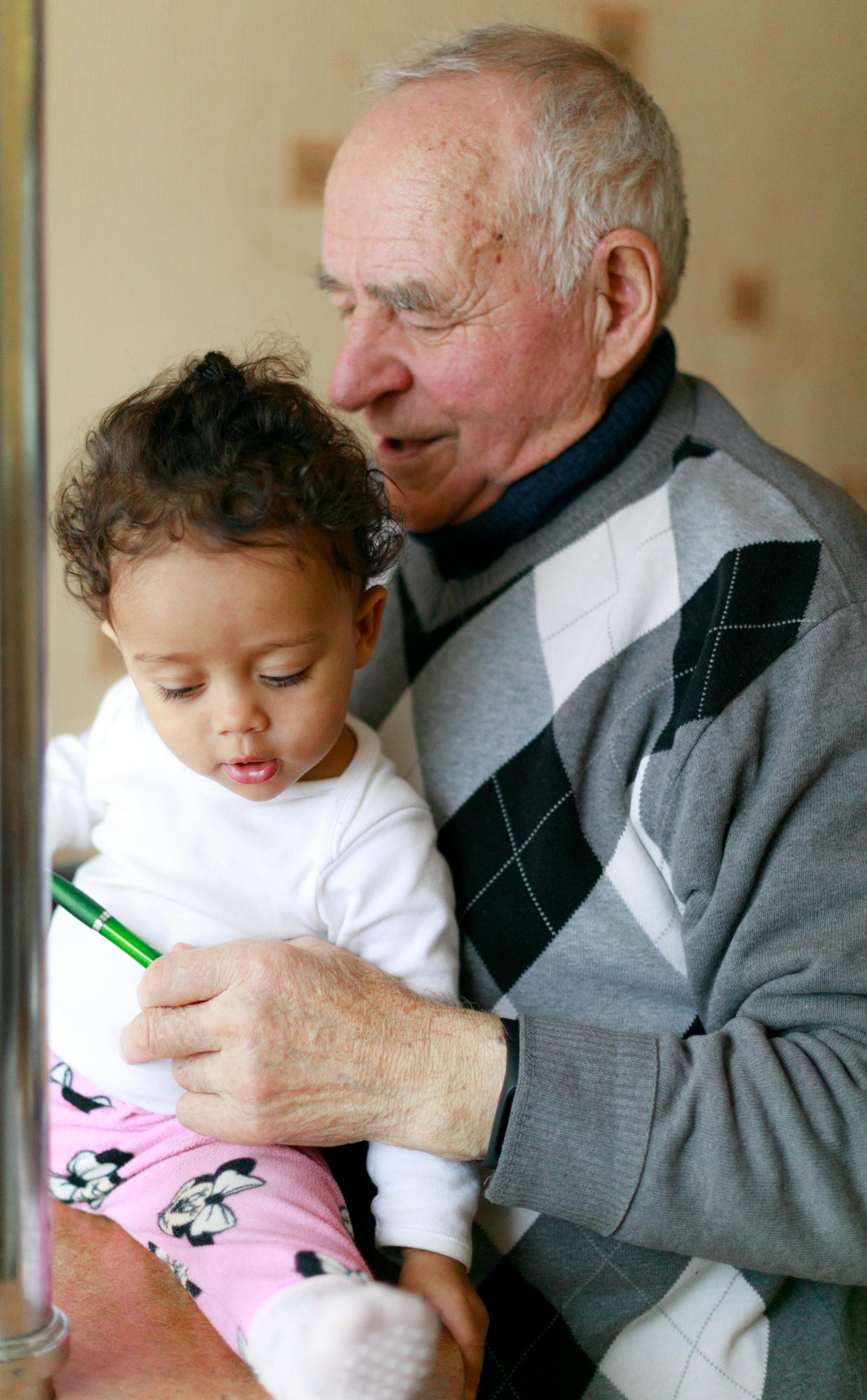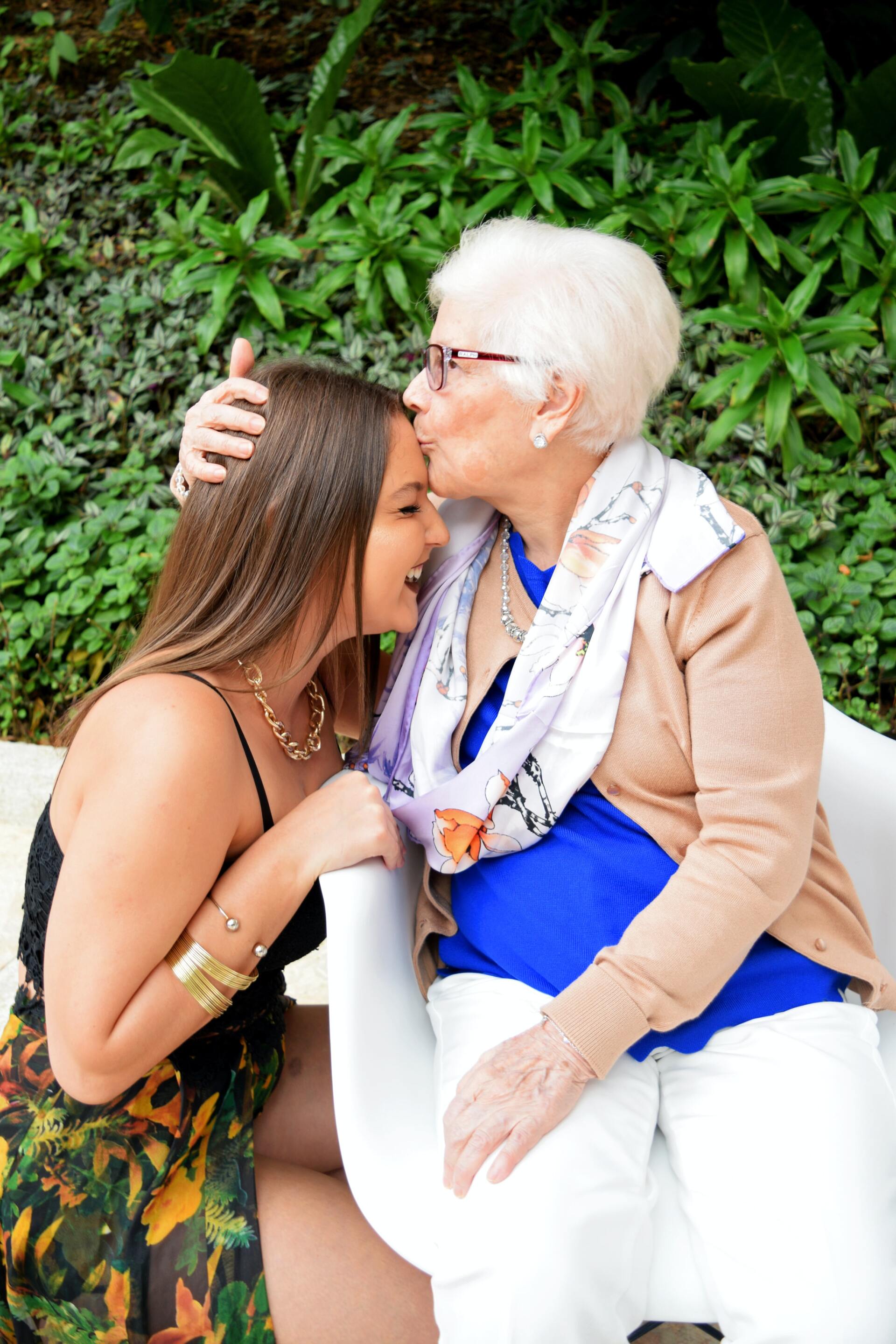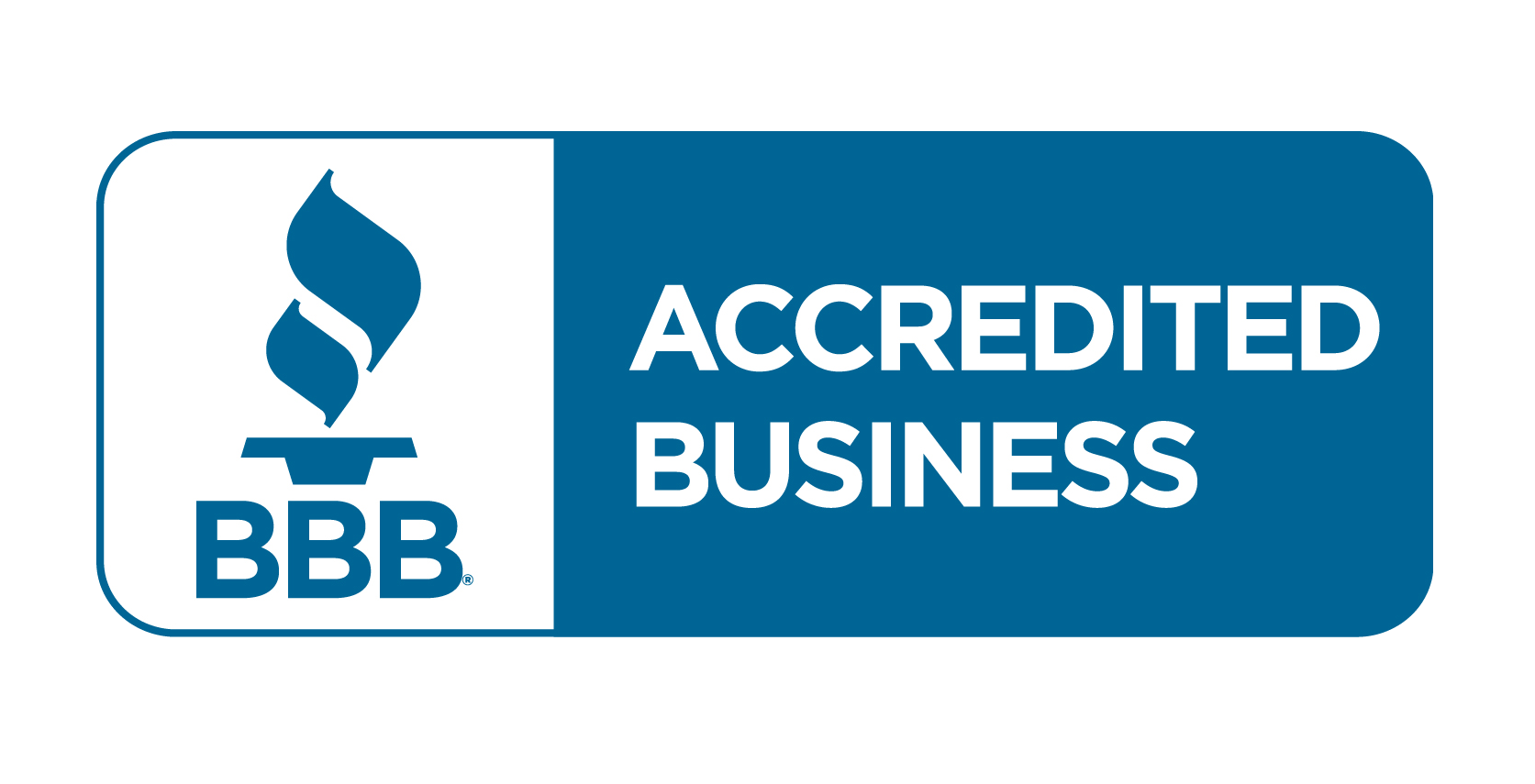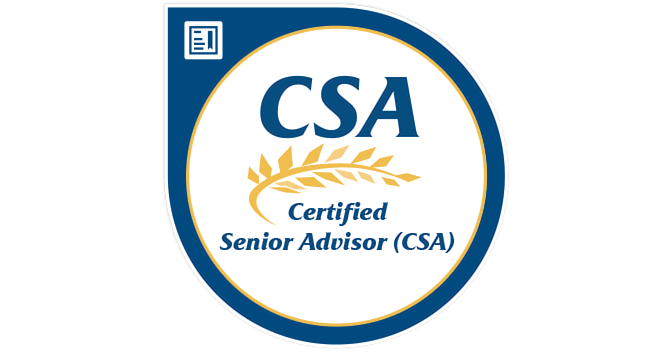By Robert Shipman
•
July 2, 2021
Did you know that whether you realize it or not you are constructing your life legacy? We all will leave a legacy behind- whether you are aware of it or not; your legacy is how you will be remembered by those you touched during your life. What you will leave behind is nothing more than the memories you made for people to hold onto. The question is, “will the legacy you leave be one that you would be proud of and (more importantly) that your family will appreciate?” Most people don’t put much thought into what “situation” or “set of circumstances” they will leave their family in if they should suddenly fall ill, be injured, or pass on. That is unfortunate for those left with all the responsibility and no directions. What about knowing how to access insurance policies, making decisions on what should happen to pet(s), trying to guess what type of funeral to arrange and attempt to fairly divide or part with material possessions, and so many other painful decisions… all while processing grief. The truth is that most people are not prepared for the day a health crisis, accident, or death hits home. And the majority don’t ever discuss this and then they are blindsided when life takes an unexpected turn. There is tremendous value in putting things in order so that your legacy is a positive one. My name is Stacey Golden-Lisnock and I am passionate about helping people to be prepared in advance of any situation that could leave their family in a chaotic frenzy. All across the world people are living with the consequences of poor planning or no planning in regards to a change in health or the passing of a loved one. In my role as a financial advocate, I’ve helped many people to get a better understanding of why they should be prepared. It does first take understanding before any action can take place. It is oh so disappointing to find out that someone has passed and has not prepared their family for the inevitable event. You can only imagine, if it hasn’t happened to you, how hard it is to get the needed paperwork and get access to important information if no instructions or advance planning is in place. It would be like being in a relay race and the baton is coming your way - for the hand off – but you had no idea you are in a relay race! Do you think you would catch the baton, or would it likely be badly fumbled? It can be difficult to get people to want to sit still long enough to get the needed information together. I found there are three different reactions to this question, “Why haven’t you taken action to ensure a positive legacy? Answer 1 I have an idea that there is more I need to take care of but I’m busy with other matters and other concerns right now – it’s way down on my list of priorities – it will have to wait. Answer 2 I don’t recognize there is work to do – I won’t be convinced nor do I have any plans to be concerned at this time in my life – It’s not on my radar. Answer 3 I feel the urgency, I understand the seriousness, I want to take action – I’m just not sure where to start or who to trust to help me. If you see yourself in any of those 3 reactions then you are in the right place to get some good suggestions which are designed to move you to take action. Since you never know when things will change. So many things can and do happen with no warning. Then the chaos begins and it’s real when it happens in your family. While I am constantly in the conversation, others like you come in and get their legacy needs taken care of and move on and live their life. I will continue having the conversation since everyone needs to know that they hold the key to their loved ones’ future (to the degree that the legacy they leave ultimately affects the quality of life for those left to deal with all of the loose ends and settling of an estate.) We hate to imagine a scenario where we can’t be there for our loved ones, but take a moment now to do just that. Would they be left to mourn in peace or would they be thrust into the stressful situation of trying to get your affairs in order? Would they know what type of funeral you want? Would they know how to access all of the bills and accounts to be resolved? Could they get into your house, Wi-Fi, bank accounts and are they aware of your hidden treasures? Do you know if your pet(s) will end up in a loving situation? Most people will say, "NO", "NO", "NO", and "NO". Don’t be Most People! Stand in the flow. Be the example in the crowd. Help the rest of your circle get prepared too, for their ticket will also get punched one (random) day. Model what legacy is for future generations. That is truly a gift you have to give others. Without help are you going to have all your documents organized so that you and your family can be better prepared in the event of a health crisis, accident, or death? Will you keep yourself accountable and complete the project? Will you think of everything? As a financial professional with over 30 years of planning experience in the financial services industry I’ve seen how people seem to think (and believe) that time is unlimited and the best time to get stuff taken care of is tomorrow. Many turn a blind eye to the reality that bad stuff happens in life. Somehow by not being prepared we are saying, “it won’t happen to me”. We all do this and I am guilty, too. Sometimes we get a wake-up call like I did when I became ill and was rushed to the emergency room by ambulance on December 31st, 2017. Before that day, I too preferred to believe I had plenty of time to get things done. But this way of thinking can have dire consequences. Life and death decisions that need to be made without knowing the wishes of the person can be life changing for the one who is forced to make difficult decisions. Those types of decisions can break families apart. Pets can be carted off to the pound once the owner passes away or is moved to a nursing home IF prior arrangements haven’t been made. Children can end up in foster care. Insurance policies can get cancelled for non-payment if a person falls ill or suffers from dementia and fails to keep up with the bills. Houses can go into foreclosure or even sold out from under the owner as a result of unpaid property tax. Since we don’t know how much time is left, does it seem reasonable to say that the time to get everything up to date and in order is when you are healthy and cognitively sharp? It is never too early to get this done, but it can definitely be too late. Do you know the statistics on dementia? Last I heard – and you can check Google to see if I’m right – I heard that 1 in 3 seniors (over age 80) will have some form of dementia. The one we hear most about is Alzheimers. Remember those people were like you and me not too long ago. It is happening to 33% of the senior population. They are living out their life in a detached reality. That alone should be very concerning to people, but again the blind eye gets credit here and most people are not prepared. Because of my personal story combined with my years as a financial planner I’ve been fortunate to be able to teach others what I have learned. As a bonus, I have turned out to be a pretty good resource for referrals and resources of other needed services. This topic has become my passion. So I put together a program for people who care about having the important things ready before they become urgent. I’m aware that we each have unique situations and the family dynamic is a big piece of the puzzle. But, whether you realize it or not we all are creating our legacy. And without taking any action to be prepared in advance of a health crisis, accident, or death, you’ve made an (unconscious) decision to leave a disorganized mess for someone else to deal with. And that is NOT the definition of a stress-free legacy, is it? If this article motivated to learn more on this topic, please send me a text (714-709-2027) and I will gift you a 30-minute consultation to determine where you are in the process of having the best possible legacy for your family. There is no obligation to work with me, and I may be able to give you valuable insight and resources during our time together. Thank you for taking the time to read this article. It may be the most important thing you did today. Visit www.GotItTogetherNow.com www.LegacyTherapyPodcast.com cell/text: 714-709-2027 email: gitnow123@gmail.com Stacey Golden-Lisnock is a Financial Advocate who is dedicated to helping people to leave a stress-free legacy. Prior to creating the Got It Together Now! – Emergency Info File Course, she was a Certified Financial Planner (CFP) for over 30 years. After being ill in 2018, she changed her focus from Financial Advisor to Financial Advocate. She enjoys educating people and motivating them to take action on important topics. She hosts a weekly podcast, Legacy Therapy. Just 7 modules with structure, guidance, and accountability. You’ll get important legal and personal information current and complete once and for all. It’s the “Emergency Info File”. Book your 30 minute consultation (gift) to see where you are in the process send me a text (714-709-2027).




